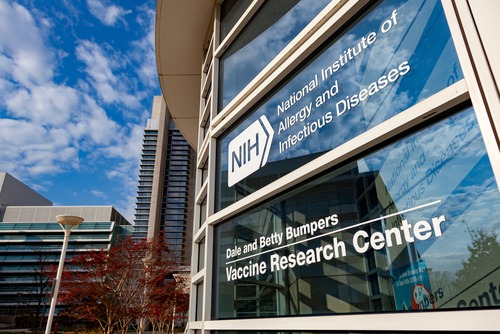
On Monday, the Infectious Diseases Society of America commended the U.S. House for appropriations that would bolster the fight against COVID-19 and HIV, antibiotic research and development, and global health security while combating the effects of the opioid crisis.
However, the organization said, the crises facing the biomedical community require additional funding for the Centers for Disease Control and Preventions Antibiotic Resistance Solutions Initiative, the National Healthcare Safety Network, and the Advance Molecular Detection program to support AMR prevention, detection, tracking, and response.
The current allocation includes a $488 million increase for $6.6 billion in overall funding for the National Institute of Allergy and Infectious Diseases at the National Institutes of Health to support research at the biomedical level into antimicrobial resistance, HIV/AIDS, and other infectious diseases, as well as to support and help diversify the infectious disease workforce. Additionally, House appropriators allocated $823 million in funding for the Biomedical Advanced Research and Development Authority to help shrink the antibiotic pipeline and support development of other medical countermeasures.
“As the appropriations process moves to the U.S. Senate, it is critical that key government programs addressing this public health crisis receive even more funding for FY2022,” the group said in a statement.
Appropriations passed on July 15 in the Labor, Health and Human Services funding package, which included $10.6 billion for the CDC, an increase of $2.7 billion above FY2021 levels, and $1 billion above President Joe Biden’s budget request.
Additional allocations included:
• $843 million for the Center for Global Health;
• $177 million for the Antibiotic Resistance Solutions Initiative;
• $26 million in funding for the National Healthcare Safety Network;
• $35 million in funding for the Advanced Molecular Detection initiative;
• $69.5 million for infectious diseases and opioid activities at the CDC;
• $100 million for the agency public health workforce efforts, which would enable CDC to double the number of Epidemic Intelligence Service fellows, ensuring placement of a fellow in every state;
• $1.501 billion in funding for the Division of HIV/AIDS, Viral Hepatitis, Sexually Transmitted Diseases, and Tuberculosis;
• $718 million for the agency’s Immunization Program,
• $150 million to modernize public health data surveillance and analytics at the CDC and State and local health departments; and
• $72.72 million for the agency’s Quarantine Program.




